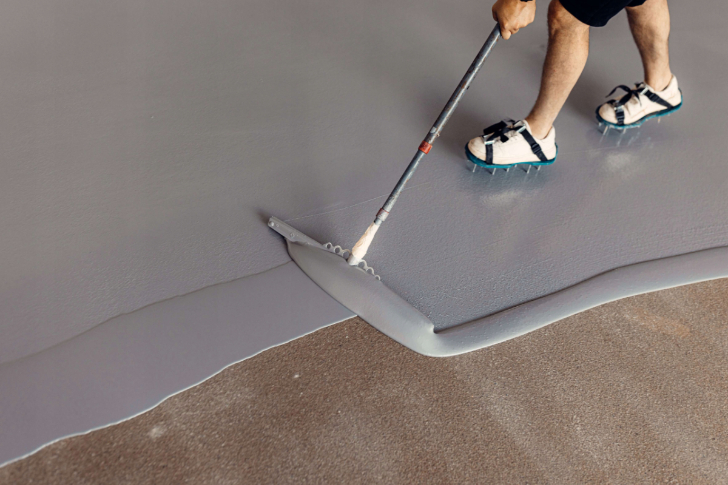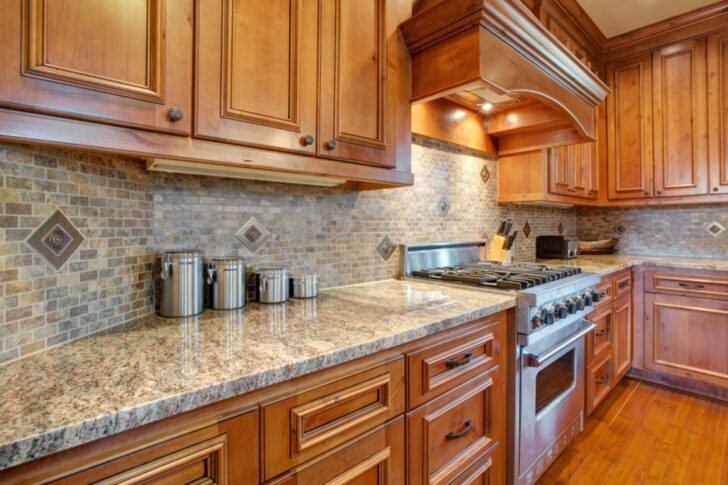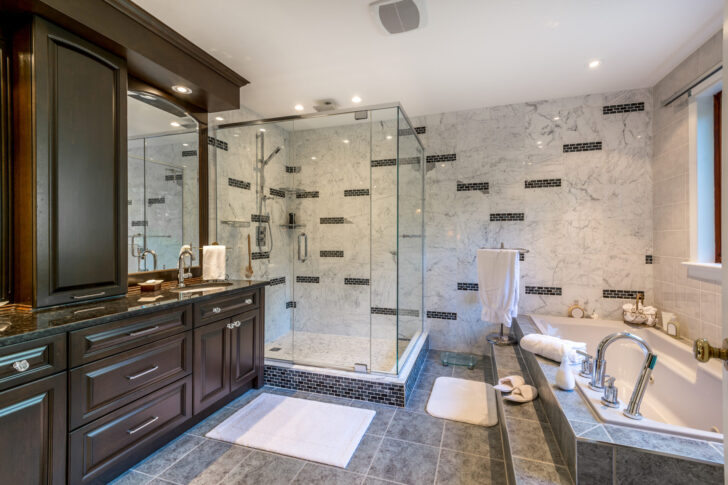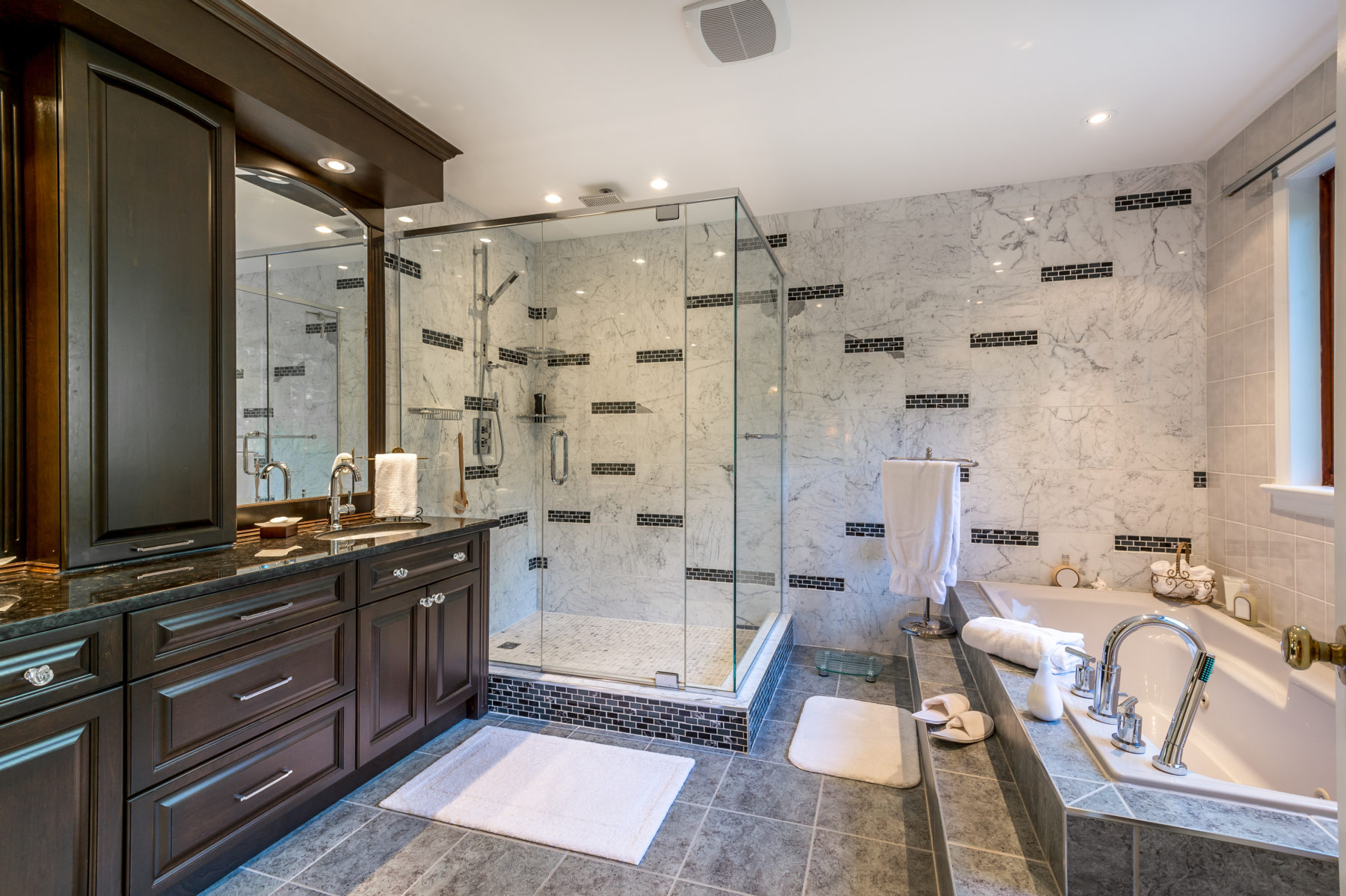When it comes to enhancing the functionality and appearance of your garage, one often overlooked but highly effective solution is a rubber-coated garage floor.

Rubber coatings provide a durable, cost-effective, and versatile option for anyone looking to protect their garage floor from damage, improve its aesthetics, and create a safer, more comfortable working environment.
With the rise in popularity of DIY home improvements and the increasing demand for durable materials, rubber coatings have emerged as a go-to solution for homeowners and garage enthusiasts alike. Whether you’re looking to revamp an aging garage floor or are constructing a new one, rubber coatings offer several benefits over traditional floor treatments such as concrete sealing, epoxy, or simple paint jobs. In this article, we’ll dive into why rubber-coated garage floors are not only affordable but also designed to last, providing a long-term investment that pays for itself over time.
1. What Is a Rubber Coated Garage Floor?
A rubber coated garage floor is a floor covering solution where rubber-based materials are applied over the existing surface of the garage floor. These coatings can come in the form of liquid-applied rubber coatings or rubber tiles that can be installed over the floor. Liquid-applied rubber coatings are typically applied similarly to paints or sealants, while tiles are fitted together to cover the entire area of the garage.
Rubber coatings are made from synthetic or natural rubber compounds, providing a flexible, resilient, and highly durable surface. The rubber coating serves as a protective barrier between the concrete slab and the external environment, safeguarding the floor from heavy impacts, chemicals, oils, and extreme temperatures. These coatings are available in various colors and designs, offering an aesthetically pleasing finish to any garage.
2. Key Benefits of Rubber Coated Garage Floors
Rubber-coated garage floors offer numerous advantages over other flooring solutions, making them a highly attractive choice for a variety of applications.
a. Durability and Strength
One of the primary reasons homeowners opt for rubber coatings is their exceptional durability. Rubber is naturally resistant to wear and tear, capable of withstanding heavy loads, impacts, and constant foot traffic without cracking or showing signs of stress. In a garage environment, where vehicles, tools, and equipment can put a significant strain on the floor, this durability ensures that the coating will last for many years, maintaining both its functionality and appearance.
b. Chemical and Stain Resistance
Garages are often home to a range of chemicals and oils, including gasoline, motor oil, and cleaning agents. These substances can easily stain and degrade concrete surfaces over time. Rubber coatings provide a protective layer that is highly resistant to chemicals and spills, preventing stains from soaking into the floor and allowing for easy cleanup.
c. Slip Resistance
Safety is another key concern when choosing a garage floor surface. Rubber naturally provides excellent traction, making it slip-resistant even when wet. This is especially important in environments where water, oil, or snow might be present, reducing the risk of accidents and ensuring a safer space for working and parking.
d. Noise Reduction and Comfort
Rubber coatings provide a softer, more comfortable surface to walk on compared to hard concrete or epoxy floors. The cushioning effect of rubber can reduce fatigue, making it easier to stand or work in the garage for extended periods. Additionally, rubber helps to dampen sound, making the garage quieter, which is particularly beneficial if you use your garage for woodworking or other noisy activities.
e. Temperature Resistance
Rubber coatings are highly resistant to temperature fluctuations, making them ideal for garages in areas with extreme weather conditions. They remain flexible in cold weather and do not become overly soft or sticky in the heat, ensuring consistent performance year-round.
f. Affordability
Despite offering numerous performance advantages, rubber-coated garage floors are often more affordable than other high-end flooring options, such as epoxy or polished concrete. Additionally, they require less maintenance and repair over time, further contributing to long-term cost savings.
3. Types of Rubber Garage Flooring
There are primarily two types of rubber flooring solutions available for garages: rubber coatings and rubber tiles.
a. Rubber Coatings
Rubber coatings are liquid-applied solutions that are poured or rolled directly onto the concrete floor. These coatings form a seamless, waterproof layer once dried, providing a uniform surface that is both durable and easy to clean. Rubber coatings are ideal for those looking for a smooth, professional finish.
b. Rubber Tiles
Rubber tiles, on the other hand, are modular, interlocking tiles that can be laid over the existing floor. These tiles are available in various sizes, thicknesses, and designs, allowing for customizable installations. They’re also easy to replace if one section becomes damaged, offering a level of flexibility not typically found in coatings. Rubber tiles are ideal for DIY enthusiasts as they don’t require specialized equipment or installation skills.
Both options provide excellent protection and performance, so the choice between the two largely depends on your specific preferences and needs.
4. Comparing Rubber Flooring to Other Flooring Solutions
To better understand the advantages of rubber-coated garage floors, let’s compare it to some other popular garage flooring solutions.
| Flooring Type | Durability | Chemical Resistance | Installation Cost | Maintenance | Slip Resistance | Comfort |
|---|---|---|---|---|---|---|
| Rubber Coating | Highly durable | High | $3 to $7 per square foot | Low | Excellent | High |
| Epoxy Coating | Durable but can crack | Moderate to high | $4 to $10 per square foot | Moderate to high | Moderate when wet | Low |
| Polished Concrete | Very durable | Low | $3 to $12 per square foot | Moderate | Low | Low |
| Vinyl Flooring | Moderate | Low | $2 to $6 per square foot | Moderate | Moderate | Moderate |
| Rubber Tiles | Very durable | High | $5 to $12 per square foot | Low (can replace individual tiles) | Excellent | High |
From this comparison, it’s evident that rubber coatings offer a compelling balance of durability, cost-effectiveness, and performance, making them a highly attractive option for garage flooring.
5. Installation Process: DIY or Professional?
One of the many appealing aspects of rubber coatings is that they can be installed by homeowners or professionals, depending on your level of comfort with DIY projects.
For those opting to install rubber tiles, the process is relatively simple and requires basic tools such as a utility knife and measuring tape. The tiles are designed to interlock easily, making the process quick and hassle-free. If any tiles are damaged, they can be individually replaced, saving you money on repairs.
On the other hand, applying a liquid rubber coating requires more preparation and attention to detail. The existing floor must be thoroughly cleaned and repaired before applying the rubber coating. For those who are experienced with DIY home improvement projects, this can be done without professional help. However, hiring a professional ensures a seamless, high-quality finish and may be necessary if you are dealing with a particularly large or damaged floor.
6. Cost of Rubber Coated Garage Floors
The cost of installing a rubber coated garage floor will vary depending on several factors, including the size of the garage, the type of rubber flooring you choose, and whether you opt for professional installation or a DIY approach.
Below is a table that provides a cost comparison for various types of rubber flooring solutions, including installation costs:
| Type of Rubber Flooring | Cost per Square Foot (Material Only) | Cost per Square Foot (Installed) | Average Total Cost for 400 sq. ft. Garage |
|---|---|---|---|
| Rubber Coating (DIY) | $2 to $5 | $3 to $7 | $1,200 to $2,800 |
| Rubber Coating (Professional) | $2 to $5 | $6 to $10 | $2,400 to $4,000 |
| Rubber Tiles (DIY) | $4 to $8 | $5 to $12 | $2,000 to $4,800 |
| Rubber Tiles (Professional) | $4 to $8 | $7 to $15 | $2,800 to $6,000 |
As seen in the table, the overall cost for a 400 square-foot garage can range from $1,200 to $6,000, depending on the type of rubber flooring you choose and whether you hire a professional or tackle the installation yourself.
7. Maintenance and Longevity
One of the key advantages of rubber-coated garage floors is their low maintenance requirements. Unlike epoxy floors, which may need re-coating after several years, rubber coatings are designed to last for a decade or more with minimal upkeep. Regular sweeping and occasional mopping are usually sufficient to keep the floor clean. For stubborn stains, a mild detergent and water solution will do the trick.
Rubber floors also resist cracking, peeling, and chipping, ensuring that your garage floor will maintain its appearance and function for many years to come.
8. Conclusion
Rubber coated garage floors offer an affordable, durable, and versatile solution for homeowners looking to upgrade their garage space. With benefits such as superior durability, chemical resistance, slip-resistance, and noise reduction, these floors are designed to handle the toughest conditions while maintaining their aesthetic appeal. Additionally, their relatively












